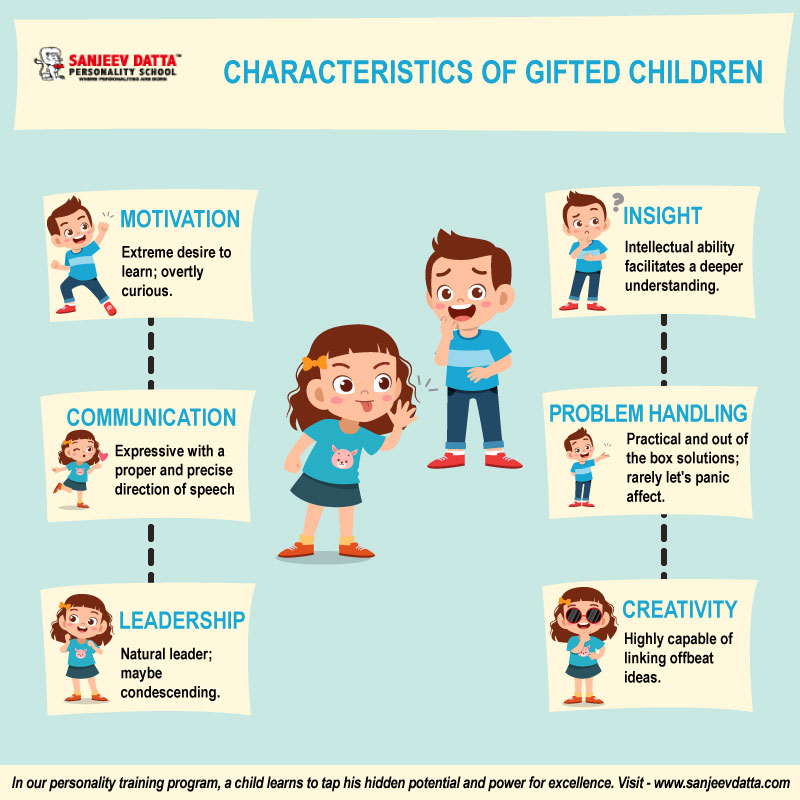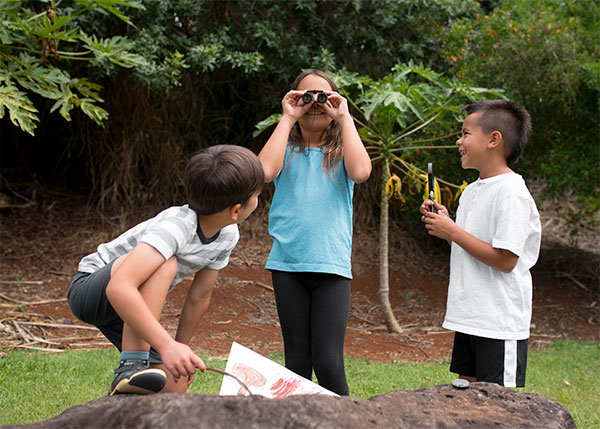Curiosity is the driving force behind human exploration, discovery, and learning. It is the spark that ignites a child’s thirst for knowledge, propelling them to seek answers, question the world around them, and embark on a lifelong journey of discovery. As parents and educators, nurturing and cultivating this natural curiosity is essential for unlocking the full potential of our children. In this article, we will delve into practical tips to develop child curiosity. By embracing their innate sense of wonder and providing them with the tools and environment to explore, we can inspire a love for learning and critical thinking. Join us as we embark on this enlightening journey to unleash the power of curiosity in our children’s lives.
- Expand their worldview and appreciation for diversity

Expose your children to different cultures, traditions, and perspectives by embarking on travel adventures. Take them on trips to explore new places as it immensely helps in personality development for kids, visit museums that showcase art and artifacts from around the world, or even engage in cultural exchange programs. Camping trips can also provide opportunities to appreciate nature and learn about different ecosystems. Experiencing diverse cultures firsthand can broaden their horizons, foster empathy, and cultivate a deep appreciation for the richness of our global community.
2. Strengthen family bonds through shared activities

Spending quality time together as a family creates lasting memories and strengthens the emotional connections between family members. Take leisurely walks in nature, allowing for meaningful conversations and the chance to discover the beauty of the natural world together. Engage in collaborative activities like baking a cake, where everyone has a role to play and can enjoy the fruits of their labor. Visiting parks and zoos offers opportunities for fun and exploration while fostering a sense of wonder and curiosity in children.

3. Emphasize the value of experiences over material possessions

Encourage friends and family members to gift experiences rather than material goods on special occasions. Whether it’s tickets to a concert, a family day at an amusement park, or a camping trip, experiences provide long-lasting memories that children will treasure. The excitement of planning and anticipation, coupled with the joy and happiness experienced during and after the event, can leave a profound impact on their lives. These memories can serve as a source of inspiration and motivation for years to come.
Visit: how to discipline a child
4. Cultivate a spirit of inquiry and wonder

The best personality development institute encourages children to express their curiosity and wonder about the world around them. When you wonder aloud about natural phenomena, such as why leaves are green, you prompt their curiosity and stimulate their desire to seek answers. This not only encourages critical thinking but also fosters a sense of awe and appreciation for the intricate workings of the natural world. Encourage them to explore their questions further through observation, research, and experimentation.
5. Support and nurture their natural interests and passions

Observe your children’s interests and provide them with opportunities to pursue activities they genuinely enjoy. Whether it’s painting, playing a musical instrument, engaging in sports, or exploring scientific experiments, their interests are gateways to learning and personal growth. By supporting their passions, you empower them to delve deeper into their chosen areas of interest, develop valuable skills, and build self-confidence.
6. Stimulate critical thinking through open-ended questions

Engage your children in thought-provoking conversations by asking open-ended questions that encourage them to think critically and express their thoughts. By using words like who, what, when, where, why, and how, you prompt them to explore different perspectives, analyze information, and articulate their ideas. This practice enhances their ability to think independently, solve problems creatively, and develop their communication skills.
7. Foster independent thought and inquiry

When your children come to you with questions, resist the urge to provide immediate answers. Instead, encourage them to think and express their thoughts first. By valuing their opinions and insights, you nurture their confidence and encourage them to approach problems with a sense of curiosity and independent thought. This approach empowers them to become active participants in the learning process and helps develop their ability to find solutions through critical thinking.
8. Embrace the power of unstructured play

Allow your children to engage in unstructured play, where they have the freedom to explore, create, and imagine without predetermined rules or outcomes. Unhindered by adult-led activities, unstructured playtime encourages their natural curiosity, fosters creativity, and enhances problem-solving skills. Whether it’s building forts, inventing stories, or engaging in imaginative role-play, unstructured play nurtures their sense of discovery and encourages them to explore their interests.
Visit: social etiquette for kids
In conclusion, nurturing and developing a child’s curiosity is a transformative journey that requires patience, encouragement, and a sense of wonder. By embracing these tips to develop child curiosity, we can expand their worldview and help them engage in meaningful family time, and promote the value of curiosity-driven exploration, we unlock a world of possibilities for our children. Encouraging open-ended questions, fostering independent thought, and providing unstructured play opportunities further ignite their innate curiosity and thirst for knowledge. As parents and caregivers, we have the power to shape their future by fostering a love for learning and a lifelong passion for discovery. By implementing these tips and strategies, we empower our children to navigate the world with inquisitive minds, creative problem-solving abilities, and a genuine appreciation for the wonders that surround them.
Why Sanjeev Datta Personality School?
- Interview Training
- Leadership
- Presentation Training
- Social Boldness
- Dressing Etiquette
- Office Etiquette
- Communication Skills
- English Speaking
- Anger Management
- Time Management
- Team Building
- Performance Enhancer
- Soft Skills
- Goal Setting
- Career Counselling
- Student Subject Choice Counselling
- Listening Skills
- Video Presentation
- Meditation
For more details, contact us now!


